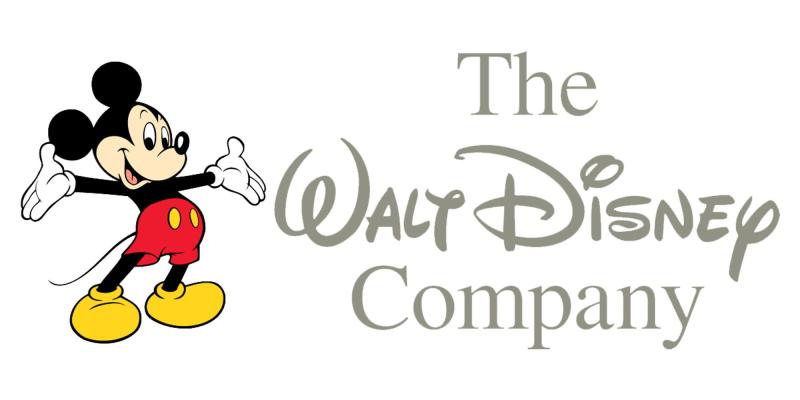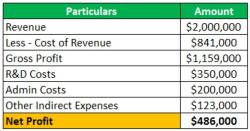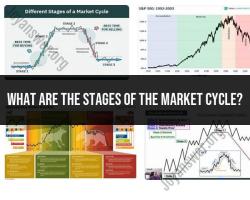Is the Walt Disney Company a buy?
Determining whether a company like Disney is a good investment involves various factors, including financial performance, industry trends, and future prospects. Here are some points to consider when evaluating Disney's investment potential:
Key Considerations:
Diversified Revenue Streams: Disney has diverse operations, including theme parks, media networks, studio entertainment, and direct-to-consumer streaming services like Disney+. Evaluate how each segment contributes to its revenue and growth.
Streaming Services Growth: Disney's focus on streaming services, especially Disney+, Hulu, and ESPN+, is a significant driver of growth. Assess subscriber numbers, content offerings, and their competitiveness in the streaming market.
Parks and Resorts Recovery: Monitor the recovery of Disney's theme parks and resorts post-pandemic. Evaluate visitor numbers, consumer sentiment, and the company's strategies for regaining momentum in this segment.
Content Creation and Acquisitions: Disney's ability to create compelling content and leverage its intellectual properties (IPs) is a crucial factor. Assess their content pipeline, new acquisitions, and how they monetize their IPs.
Financial Health and Performance: Review Disney's financial statements, revenue trends, profitability, debt levels, and cash flow. Analyze their ability to manage debt and generate consistent earnings.
Competitive Landscape: Consider competition from other entertainment and media companies, especially in the streaming space. Evaluate how Disney stands out and remains competitive.
Regulatory and Market Risks: Assess risks related to regulations, market shifts, technological changes, and unforeseen events that could impact Disney's operations.
Market Analysis:
Stock Valuation: Analyze Disney's current stock price in relation to its earnings (P/E ratio), growth potential, and industry averages.
Analyst Recommendations: Review analysts' opinions and forecasts regarding Disney's future performance.
Long-Term Outlook: Consider your investment horizon. Disney's long-term prospects might differ from short-term fluctuations.
Conclusion:
The decision to invest in Disney (or any company) should be based on thorough research, understanding your investment goals and risk tolerance, and seeking advice from financial professionals if needed. Disney's diversified operations, brand strength, and streaming growth potential make it an intriguing investment for many, but individual circumstances and market conditions should guide your decision.
Whether or not investing in the Walt Disney Company (DIS) is advisable depends on your individual investment goals and risk tolerance. DIS is a large, well-established company with a strong track record of profitability, but it is also facing some challenges in the current economic environment.
Factors in Favor of Investing in Disney
- Strong brand and intellectual property: Disney has a portfolio of iconic brands, including Disney, Pixar, Marvel, and Star Wars. These brands have a strong global presence and are well-loved by consumers of all ages.
- Diversified business model: Disney has a diversified business model that includes theme parks, media networks, film studios, and consumer products. This diversification helps to mitigate risk and provides a steady stream of revenue.
- Strong track record of profitability: Disney has a long history of profitability and has consistently generated strong earnings per share.
- Share buybacks and dividends: Disney has a history of returning capital to shareholders through share buybacks and dividends.
Challenges Facing Disney
- Declining cord-cutting: The cord-cutting trend is negatively impacting Disney's media networks business.
- Competition from streaming services: Disney is facing increased competition from streaming services such as Netflix and Amazon Prime Video.
- Rising costs: Disney is facing rising costs, such as labor and healthcare costs.
Overall, Disney is a solid company with a strong track record of profitability. However, it is facing some challenges in the current economic environment. Investors should carefully consider their own investment goals and risk tolerance before deciding whether or not to invest in Disney.
Here are some additional factors to consider before investing in Disney:
- Your investment horizon: If you have a long-term investment horizon, Disney may be a good investment for you. However, if you have a short-term investment horizon, you may want to consider a more volatile investment.
- Your risk tolerance: Disney is a relatively low-risk investment, but it is still not without risk. If you are comfortable with some risk, Disney may be a good investment for you. However, if you are risk-averse, you may want to consider a more conservative investment.
- Your investment goals: What are you hoping to achieve with your investment? If you are looking for long-term growth, Disney may be a good investment for you. However, if you are looking for short-term gains, you may want to consider a more volatile investment.













